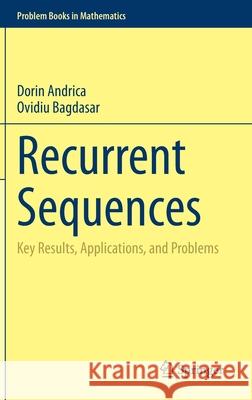Recurrent Sequences: Key Results, Applications, and Problems » książka
topmenu
Recurrent Sequences: Key Results, Applications, and Problems
ISBN-13: 9783030515010 / Angielski / Twarda / 2020 / 402 str.
Recurrent Sequences: Key Results, Applications, and Problems
ISBN-13: 9783030515010 / Angielski / Twarda / 2020 / 402 str.
cena 221,37
(netto: 210,83 VAT: 5%)
Najniższa cena z 30 dni: 212,02
(netto: 210,83 VAT: 5%)
Najniższa cena z 30 dni: 212,02
Termin realizacji zamówienia:
ok. 22 dni roboczych.
ok. 22 dni roboczych.
Darmowa dostawa!
Kategorie:
Kategorie BISAC:
Wydawca:
Springer
Seria wydawnicza:
Język:
Angielski
ISBN-13:
9783030515010
Rok wydania:
2020
Wydanie:
2020
Numer serii:
000019116
Ilość stron:
402
Waga:
0.75 kg
Wymiary:
23.39 x 15.6 x 2.39
Oprawa:
Twarda
Wolumenów:
01
Dodatkowe informacje:
Wydanie ilustrowane











